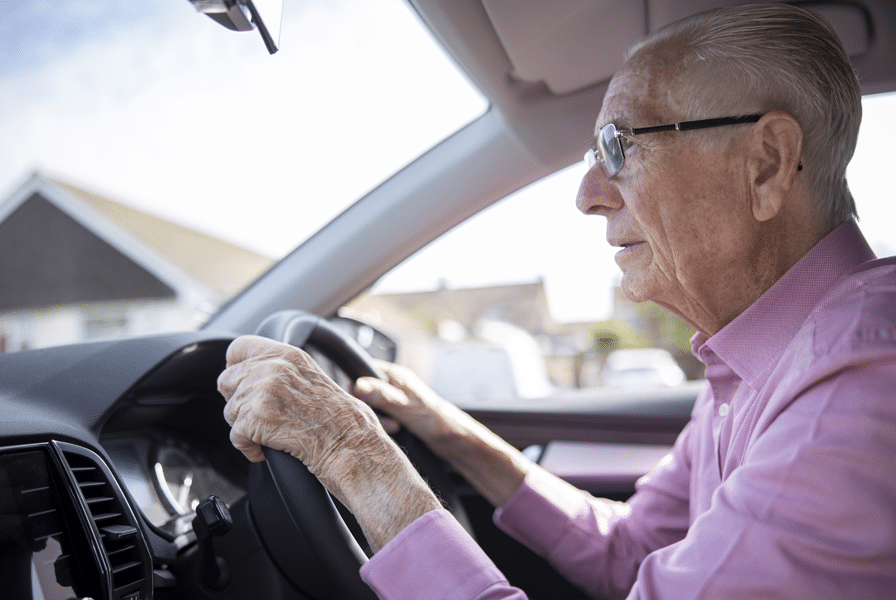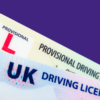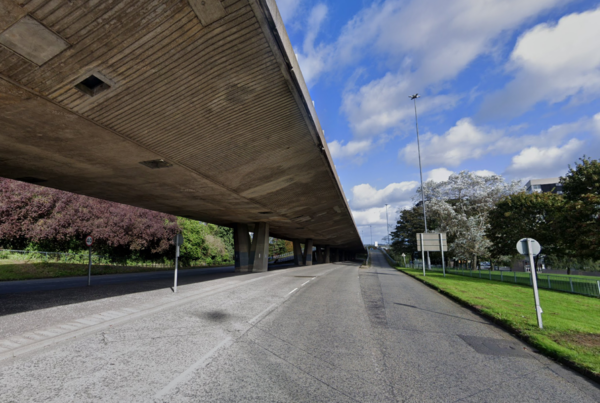
As the population ages, the topic of older drivers and road safety is becoming increasingly relevant. Advocates, police officers, and road safety organizations are raising questions about whether drivers over 65 should undergo regular driving assessments to ensure their skills and fitness remain up to par. While many older drivers are cautious and responsible, there are growing concerns about how age-related changes can impact safety on the roads.
The Case for Regular Assessments
Research suggests that age itself is not the primary factor in collisions involving older drivers. Instead, issues often arise from declining eyesight, slower reaction times, and difficulties in judging speed and distance. These subtle changes can develop gradually, leaving drivers unaware of how they may be affecting their abilities behind the wheel.
Road safety advocates, such as the Older Drivers Forum, are calling for voluntary, regular driving assessments for motorists over 65. These reviews could identify areas where improvement is needed or confirm a driver’s continued fitness to drive. The goal is not to restrict independence but to empower older drivers to stay on the road safely for as long as possible.
Understanding the Risks
Data from the Department of Transport highlights a 45% increase since 2010 in the number of drivers aged 70 and over who have been seriously injured or killed in accidents. This statistic is not necessarily because older drivers are reckless; rather, it reflects their increased physical frailty. Older drivers are less likely to engage in risky behaviors like speeding or driving under the influence, but they are more likely to misjudge situations, such as failing to notice other vehicles or accurately estimate another car’s speed.
Drivers who travel fewer than 2,000 miles annually are also shown to have a higher risk of accidents, regardless of age. Limited driving experience may reduce familiarity with road conditions and traffic patterns, increasing the likelihood of mistakes.
Encouraging Self-Checks
Rob Heard, founder of the Older Drivers Forum and a former traffic officer, encourages older motorists to think of driver assessments as a way of “MOT-ing yourself.” Annual health checks, regular eyesight tests, and assessments of reaction times can help ensure drivers remain road-ready. For those unsure about their skills, mature driver assessments can provide constructive feedback without the pressure of passing or failing.
A Growing Challenge
As the number of older drivers is set to triple in the next 20 years, it’s crucial to strike a balance between safety and independence. Older drivers account for approximately 17% of all licence holders and 11% of all miles driven, but they are involved in 23% of fatal road accidents, often due to their physical vulnerability in crashes.
Regular assessments could offer a practical solution, providing reassurance to drivers and their families while addressing potential risks early. Encouraging older motorists to reflect on their driving habits and seek guidance if needed can promote safer roads for everyone.
Driving is more than just a means of transport; for many, it’s a key part of staying connected and independent. Rather than stigmatizing older drivers, initiatives like regular assessments and self-checks can ensure they remain confident and capable on the road. After all, a little proactive effort today can go a long way in keeping older drivers safe and mobile for years to come.
As we move forward, fostering open conversations and offering supportive resources for older drivers will be essential in meeting the challenges of an aging population while maintaining road safety for all.











